Abdominal wall hernias are increasingly becoming an area of surgical practice. There have been many advances in recent years, from new anatomical knowledge, new surgical techniques and the increasing possibility of using minimally invasive routes (laparoscopy and robotics). The postgraduate course in abdominal wall hernias will provide the complete training necessary for clinical and surgical practice in the correction of abdominal wall defects. There will be 4 modules covering anatomical concepts of the abdominal wall, the main surgical techniques, inguinal hernias, ventral hernias, incisional hernias, lumbar hernias and hiatus hernias. Through modules with extensive delivery of theoretical content, interspersed with practical activities in live model, cadaver lab, use of various simulation platforms and immersion activities with monitoring and hands-on practice in cases in the operating room accompanied by teachers who are expert surgeons in the abdominal wall and great references in the field.
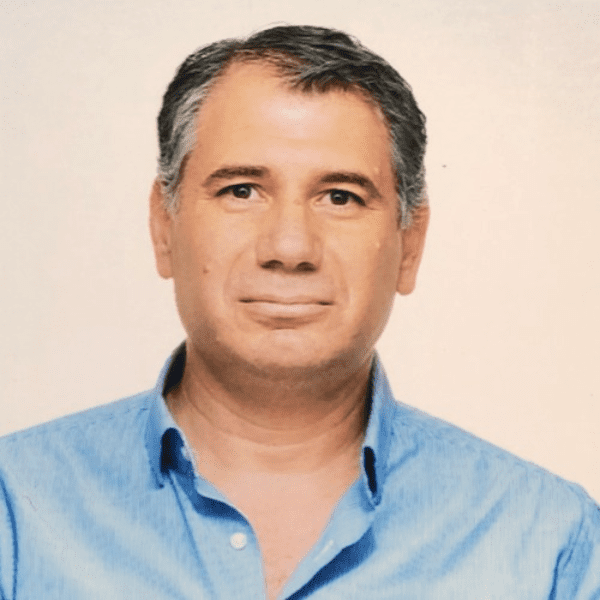


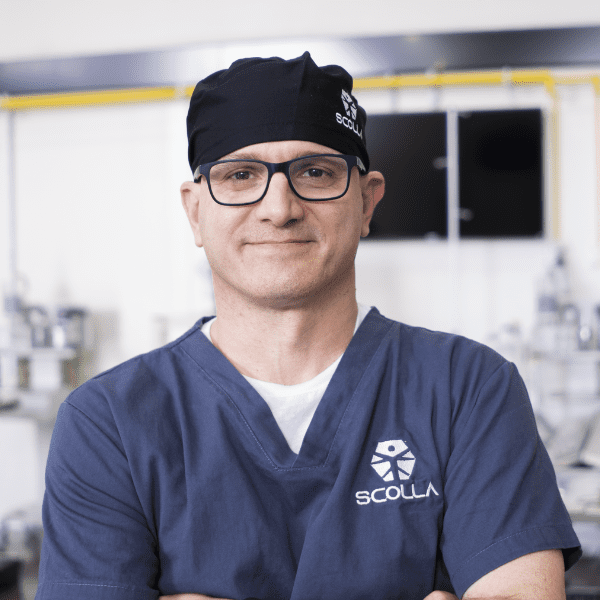


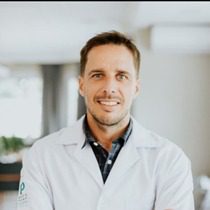


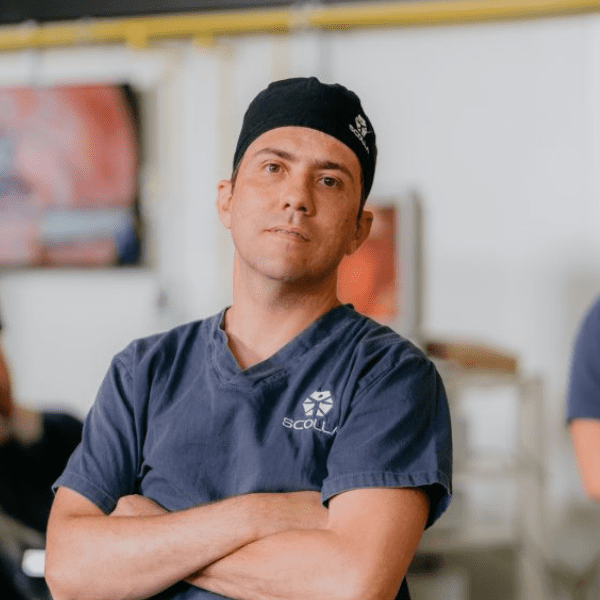


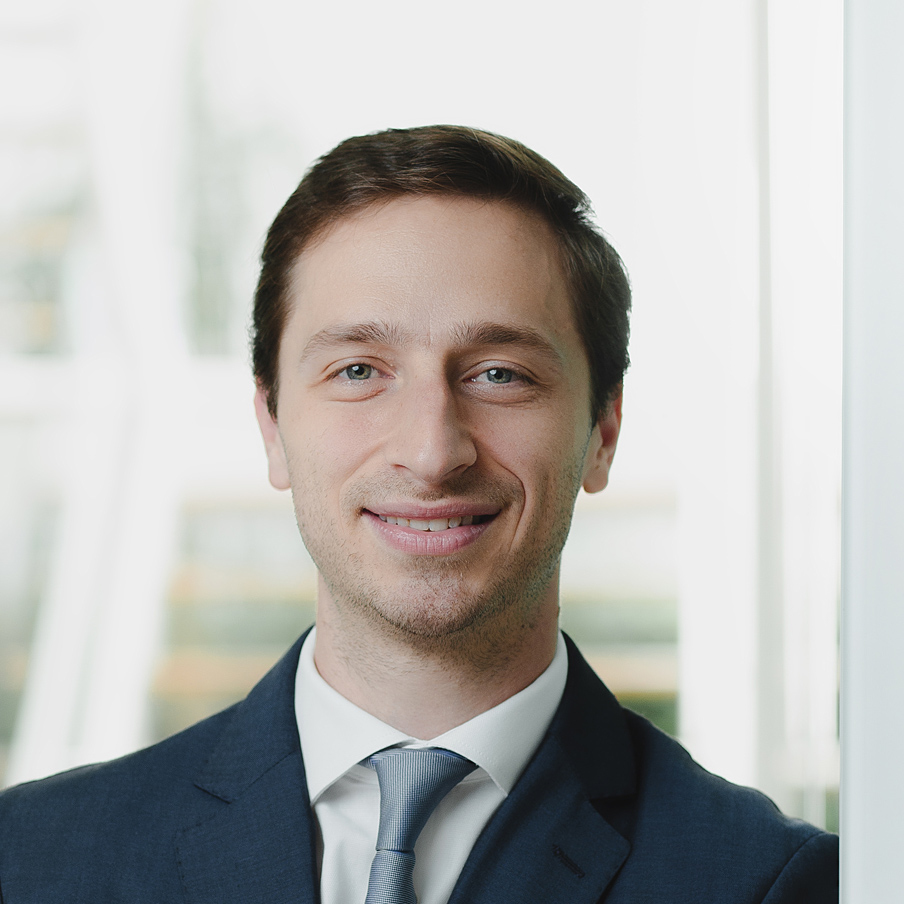


Brazil



Brazil
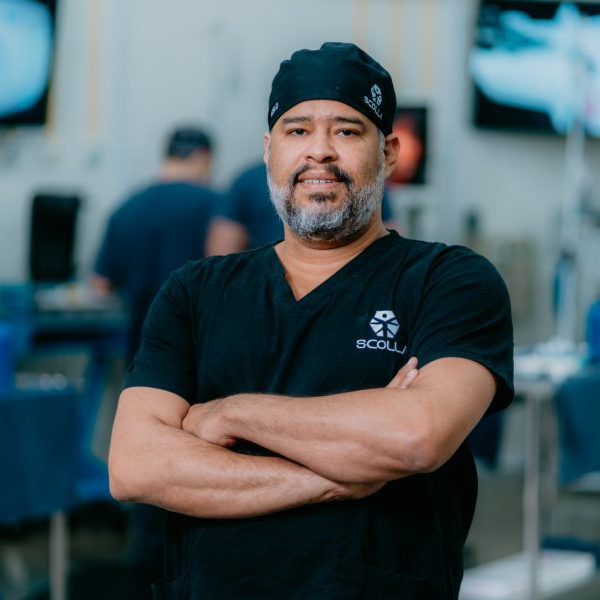


Brazil



Brazil



Brazil



Brazil



Brazil



Brazil



Argentina



Argentina



Mexico



Mexico



Colombia



Colombia






Brazil



Brazil



Brazil



Brazil



Brazil



Brazil
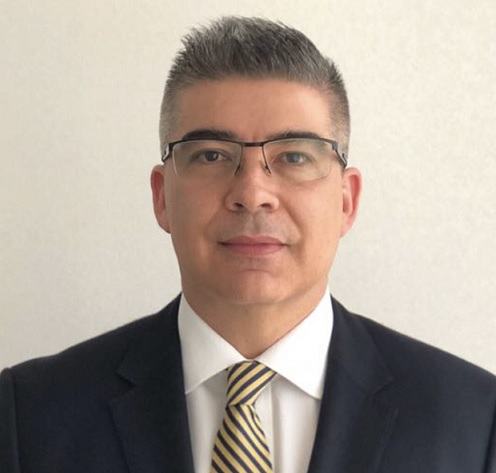


Chile



Chile
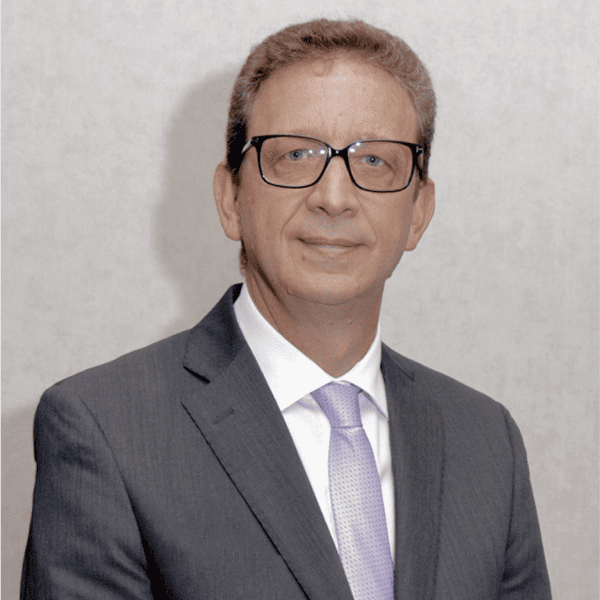


Brazil



Brazil
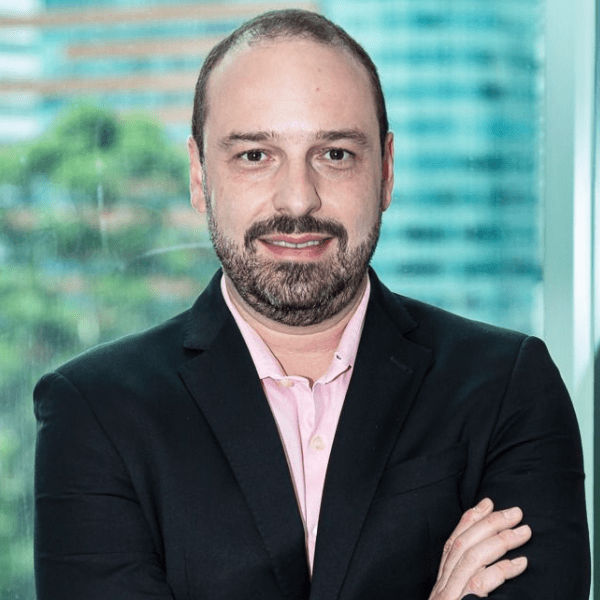


Brazil



Brazil
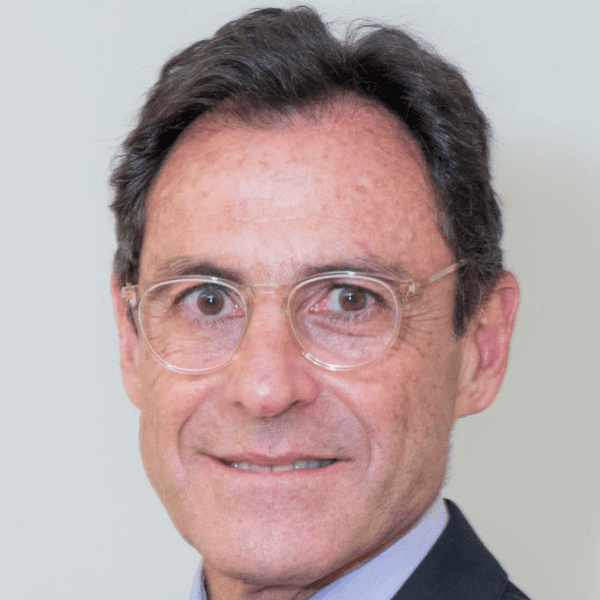


Brazil



Brazil
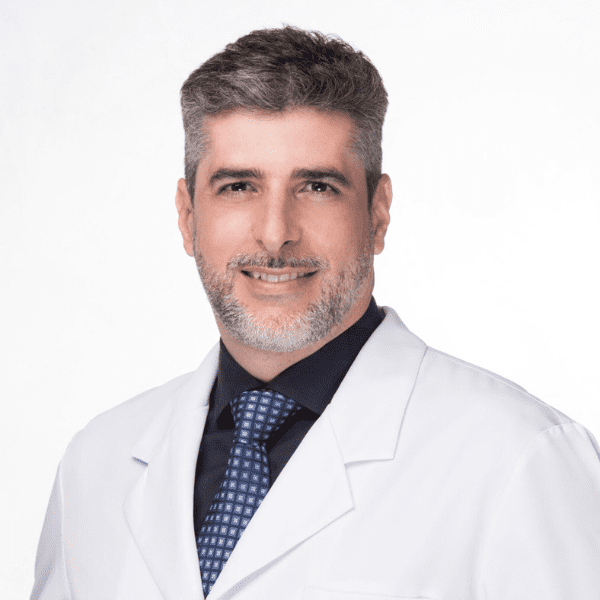


Brazil



Brazil
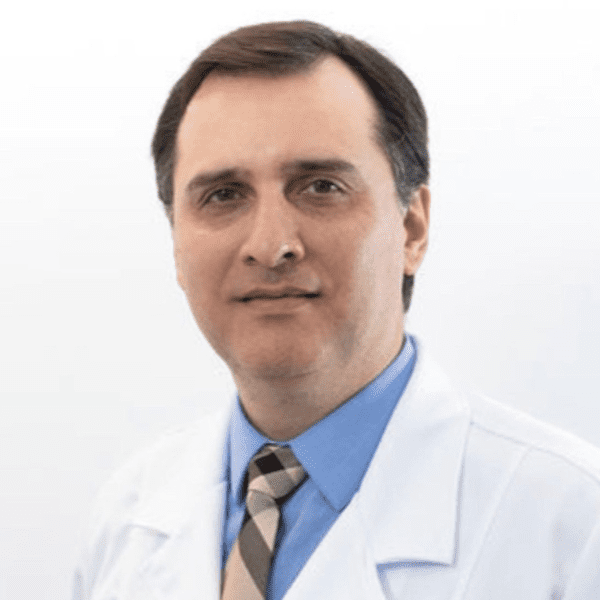


Brazil



Brazil
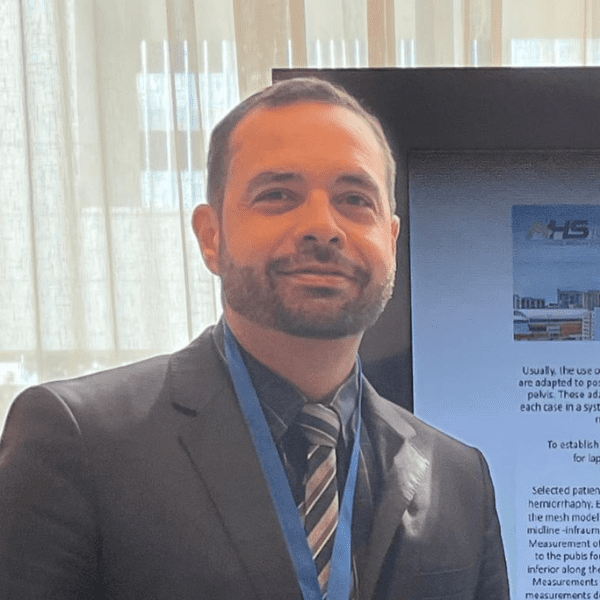


Brazil



Brazil



Brazil



Brazil
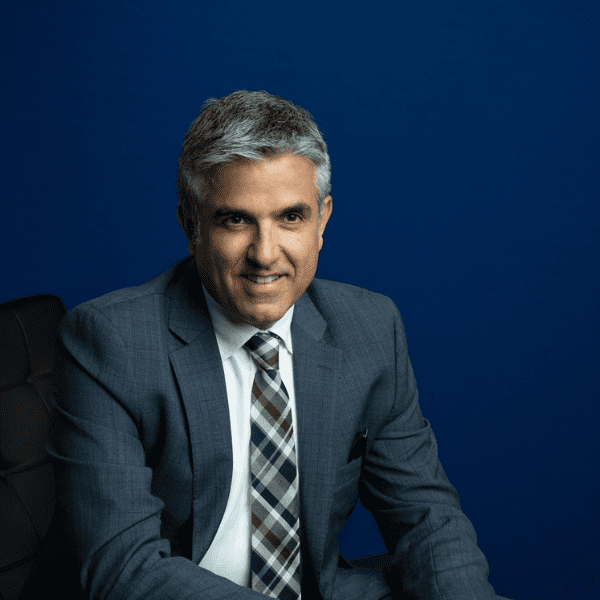


Brazil



Brazil
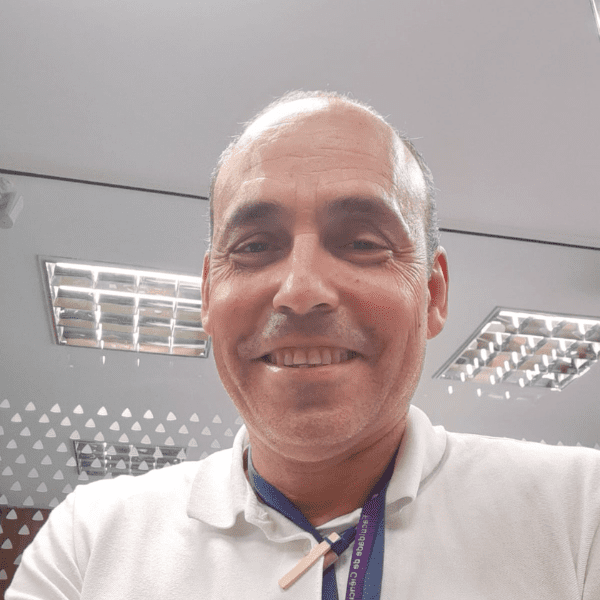


Brazil



Brazil
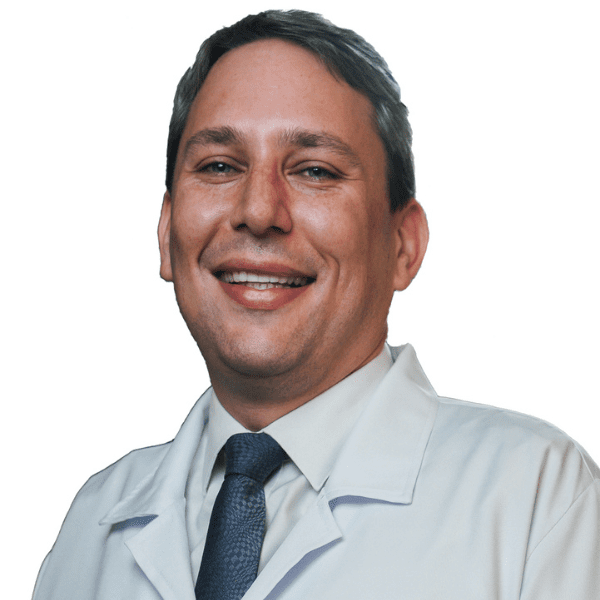


Brazil



Brazil
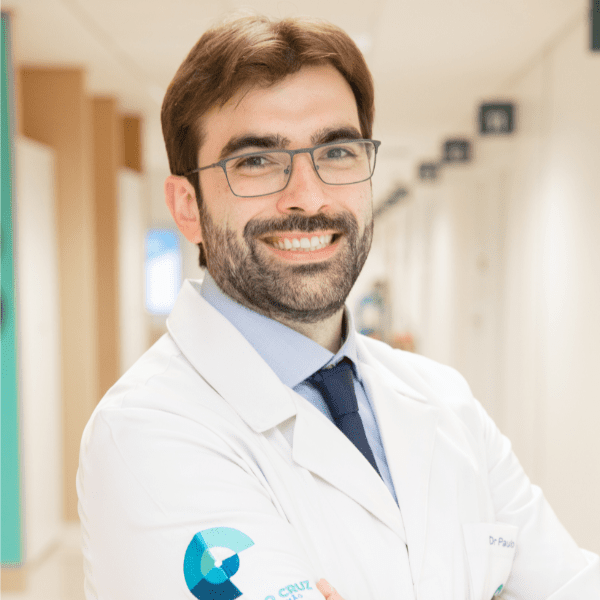


Brazil



Brazil
The training is theoretical and practical in order to get to know the workings and components of the technological platform to be used in surgery.
All face-to-face training will involve the use of:
Classes will take place as follows:
| Hybrid Module | Activity | Day of the week | Schedule | Type | Daily (h/a) |
Weekly (h/a) |
Module | Total
Course |
| Theoretical Classes | 2nd to 4th | 19:00 a 22:00 | Online | 3 | 9 | 9 | 36 | |
| Live Surgeries | 6º | 8:00 a 18:00 | In person | 10 | 10 | 10 | 40 | |
| Hands-on practical classes | Saturday and Sunday | 8:00 a 18:00 | In person | 10 | 20 | 20 | 80 | |
| Analysis and Evaluation of Recorded Surgeries | Free | free | Online | 9 | 9 | 9 | 36 | |
| Entrepreneurship and Medical Career Management Module | Theoretical Classes | To be determined | to be determined | Online | To be determined | To be determined | 52 | 52 |
| Supervised Internship | Surgery follow-up | 2nd to 6th | 8:00 a 17:00 | In person | 8 | 40 | 80 | 80 |
| Complementary Activities | Reading Articles, Case Studies and Recorded Surgeries | Free | free | Online | Free | Free | 9 | 36 |
| TOTAL | 360 | |||||||
Total workload of 360 hours, divided into 280 hours of theoretical and practical activities and 80 hours of supervised internship.
4 hybrid modules of 57h/y each
10h/a of live surgery
20h/a of hands-on practice
9h/a of live theoretical classes
9h of analysis/evaluation of advanced surgeries
9h of reading articles and studying cases
80 hours of observational internship with the course coordinators
With a workload of 52 hours, the subject is taught entirely online
7 a 9 de abril – Aulas teóricas online
11 a 13 de abril – Aulas práticas na Scolla em Curitiba/PR
Novidade: Mutirão de Cirurgias de Hérnias da Parede Abdominal
Essa será uma experiência única para alunos que desejam aprimorar seus conhecimentos em cirurgia minimamente invasiva, atuando ao lado de especialistas renomados. Como parte das atividades do primeiro módulo da pós-graduação, os participantes terão uma imersão prática intensiva, acompanhando e participando de procedimentos cirúrgicos reais. Além do aprendizado técnico avançado, essa iniciativa promove um impacto social significativo, beneficiando pacientes que necessitam do tratamento. Também será uma excelente oportunidade de networking com grandes nomes da cirurgia, enriquecendo a trajetória acadêmica e profissional dos alunos.
- History of hernia surgery
- Anatomy of the abdominal wall
- Anatomy of the inguinal region
- International guidelines and classifications of inguinal hernias
- General classification/division of abdominal wall hernias
- Diagnosis and indication for inguinal hernia surgery
- Open techniques for correcting inguinal hernias
- Femoral hernia and other occult hernias
- Inguino-crural hernia in the emergency room
- Inguinoscrotal hernia and large direct hernia
- Chronic pain after inguinal herniorrhaphy
- Sports hernia
- PTE and TAPP in inguinoscrotal hernia
- E-tep in inguinocrural hernias
- Robotic surgery for inguinal hernias
19 a 21 de maio – Aulas teóricas online
23 a 25 de maio – Aulas práticas na Scolla em Curitiba/PR
- Sports hernia
- How do I choose a mesh?
- Types of fixation for the mesh
- Biological and absorbable mesh: does it make sense?
- Hernias in the pediatric population - an overview
- Planning: how to reduce the chances of complications in my surgery
- Planning: imaging tests
- Progressive pneumoperitoneum, how to do it?
- Botulinum toxin in abdominal wall hernia repair
- Prevention of abdominal wall hernias (prophylactic mesh ... laparotomy closure)
- Umbilical and epigastric hernia: treatment options
- Spigelian, flank, suprapubic and subxiphoid hernias: what now?
- Incisional hernias
- Lumbar hernias
30 de junho e 01 de julho – Aulas teóricas online
03 e 04 de julho de 2025 – Piracicaba – SP (curso pré-congresso ao CBH 2025)
Realizado em Piracicaba, este módulo oferecerá um curso hands-on, permitindo que os participantes acompanhem, sob a supervisão de especialistas renomados, procedimentos cirúrgicos durante a rotina de um centro cirúrgico real. Serão abordadas técnicas avançadas, como TAPP, TEP, VENTRAL TAPP, LICHTENSTEIN, entre outras, proporcionando uma vivência direta e intensiva dentro do ambiente cirúrgico. Essa imersão será uma oportunidade única para aprimorar habilidades técnicas, consolidar o conhecimento adquirido nos módulos anteriores e fortalecer a experiência prática dos alunos em um contexto real de atendimento.
- Open Techniques: Anatomical Repairs with and without Mesh
- Hernia sac transposition (Alcino Lázaro technique)
- Separation of components - anterior
- Component separation
- Ventral hernia, which minimally invasive techniques can I recommend?
- Ipum, ipum plus
- Ventral tapp
- Etep and Retep
- Tarup
- Tarm
- Tar
- Lira
11 a 13 de agosto – Aulas teóricas online
15 a 17 de agosto – Aulas práticas na Scolla em Curitiba/PR
- Milos and emilos
- Hiatus hernia (GERD)
- Diaphragmatic hernia - Morgagni and Bochdalek
- Treatment of parastomal hernias
- How to form a wall hernia center
- The role of the multidisciplinary team
- Radiology, artificial intelligence, robotics in the treatment of hernias
- Anesthesia in hernias
- Hernia research
- Importance of follow-up
Supervised internships are compulsory activities in which students are immersed in the routine of the surgical services in which the course coordinators and teachers work.
This 100% online module aims to guide the career thinking of medical professionals in order to lay the foundations for career planning and entrepreneurship using design and planning tools with the structuring of scenarios and possible outcomes.
75% class attendance
Concept "C" in the general evaluation
Medical residents and general surgeons with proven experience in hernia surgery.
Fully trained hernia surgeons.
Before issuing your tickets, talk to our sales department.
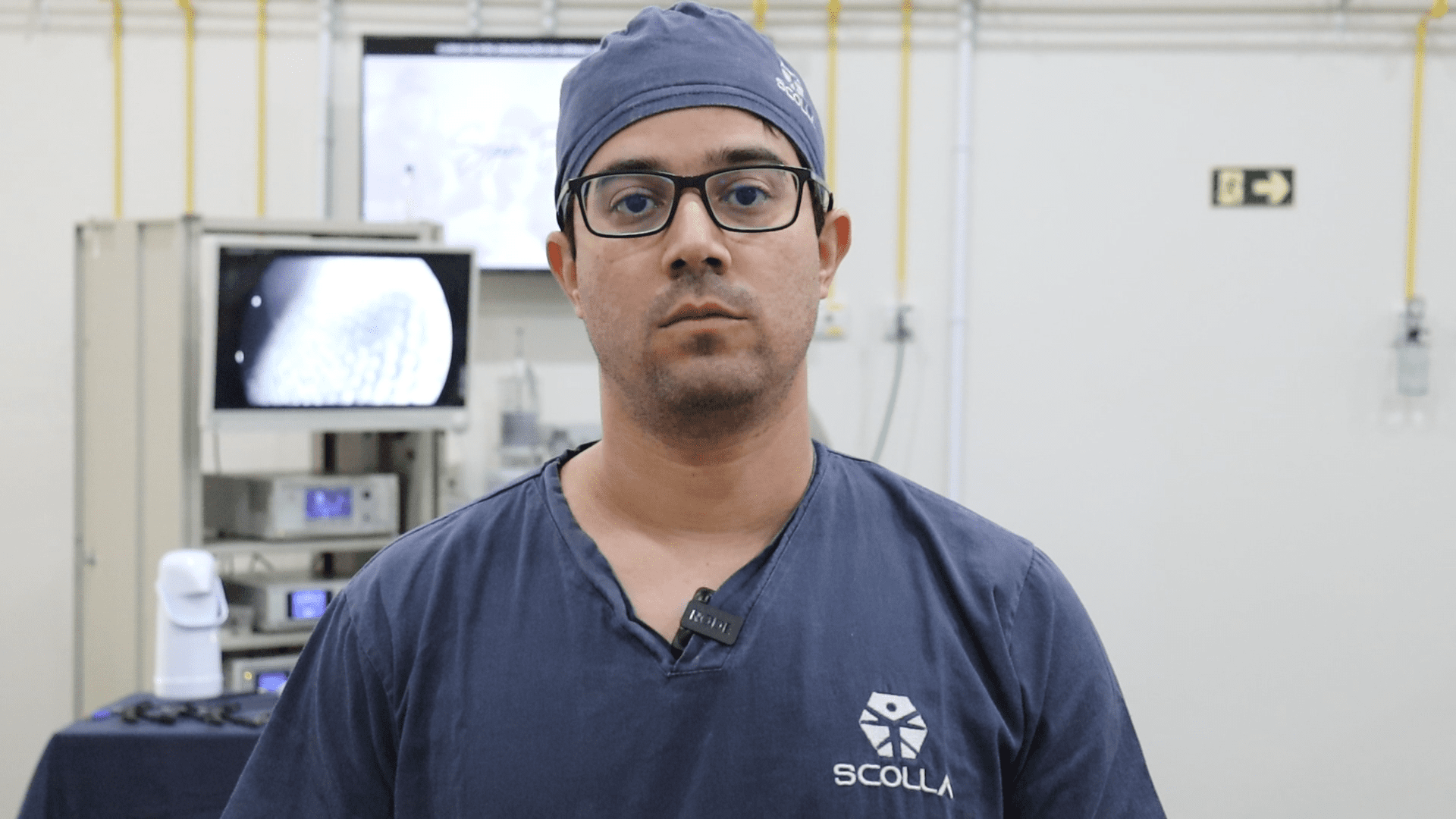

General Surgeon of Floriano - PI
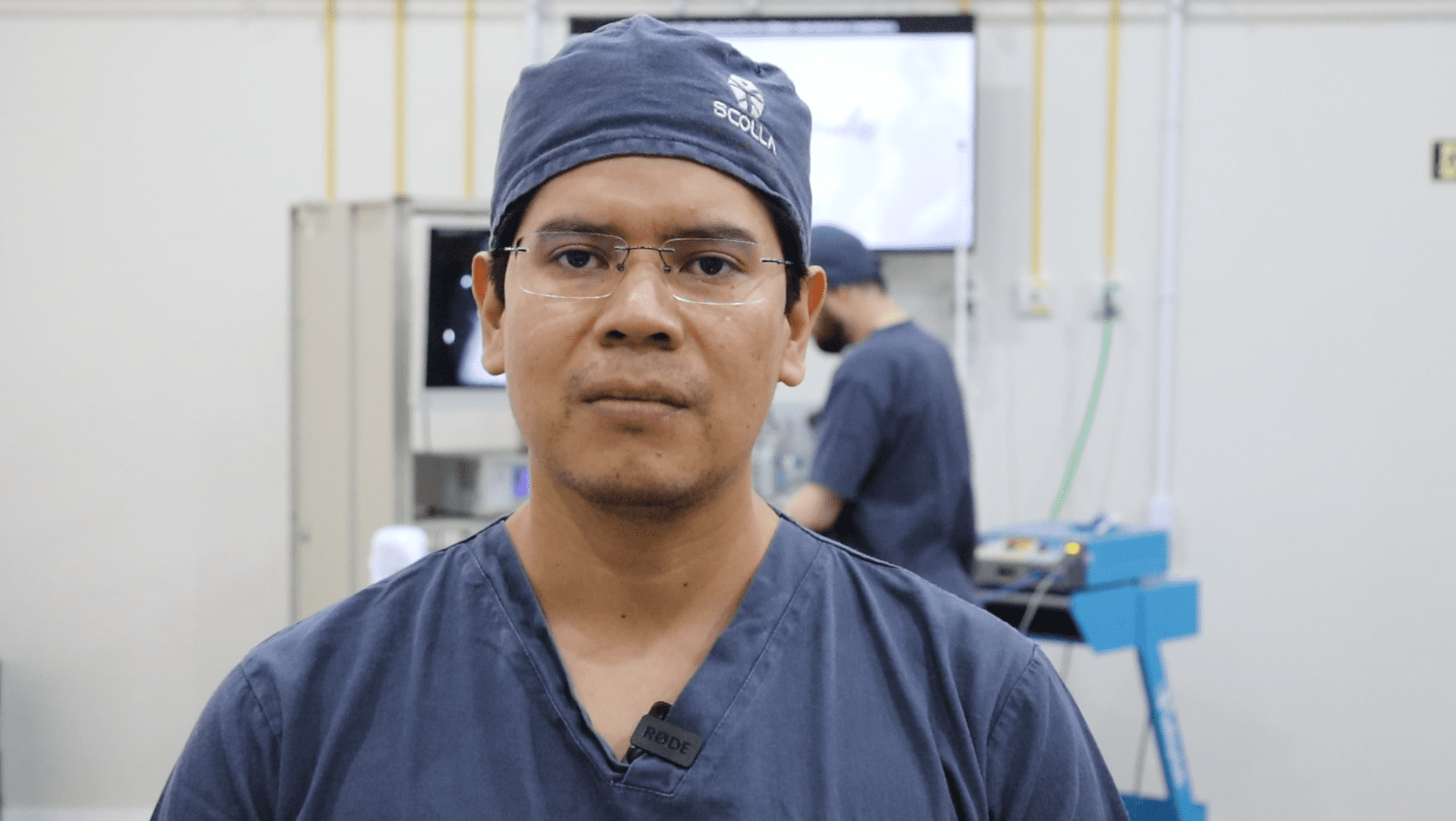

General Surgeon of Cochabamba - BO
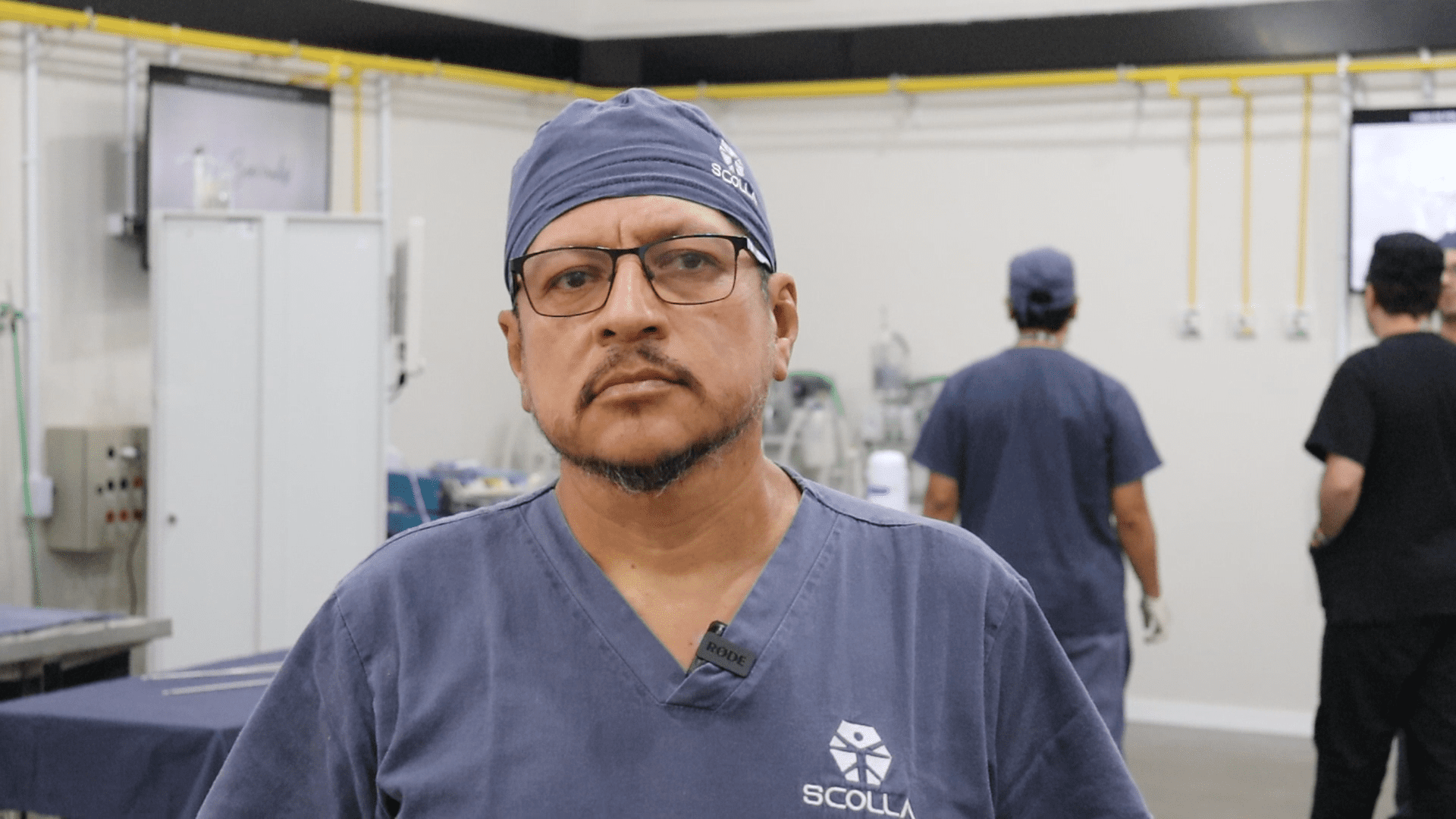

General Surgeon in Manaus - AM
Receive our Newsletter
Scolla © - All Rights Reserved
Scolla © - All Rights Reserved
In accordance with Laws No. 12.965/2014 (Marco Civil da Internet) and No. 13.709/2018 (Lei Geral de Proteção de Dados - LGPD), by submitting my registration data, I authorize Scolla Centro de Treinamento Cirúrgico com Resultado to use my data to send me notifications by email or other means of communication that may be of interest to me.